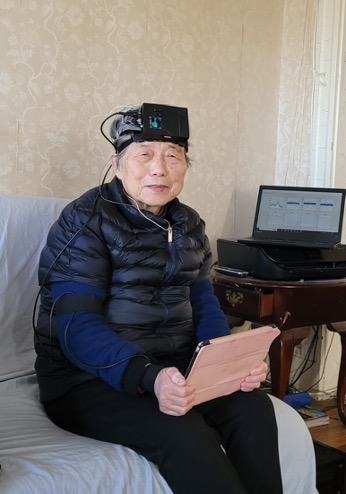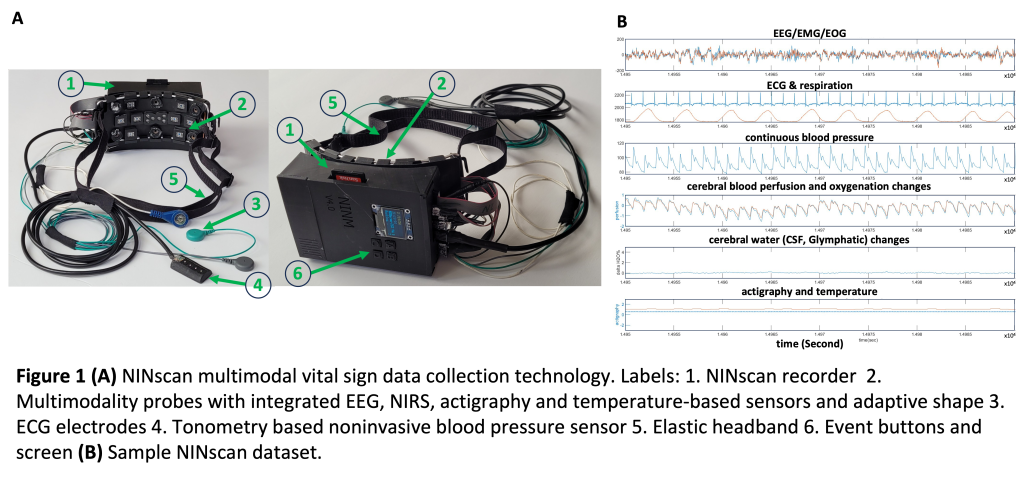
Investigator:
Quan Zhang, Massachusetts General Hospital.
MassAITC Cohort: Year 2 (AD/ADRD)
More than 5 million Americans are living with AD—the sixth leading cause of death in the U.S. and the only leading cause of death that cannot be prevented, cured, or substantially slowed. Early and accurate diagnosis can save up to $7.9 trillion in medical and care costs and is therefore a critical need. However, going to the hospital for health evaluations can be onerous for everyone, particularly so for older adults with limited mobility, vision and/or cognition, as well as variable access to transportation and home caregivers. Home-based assessment could be a solution, but existing assessment tools for AD—including PET, MRI, and biomarkers in cerebrospinal fluid or plasma—are cumbersome, expensive, or invasive, making them ill-suited for home use or even regular screening purposes. An easy-to-use, home-based screening test with good sensitivity and specificity for identifying AD would thus be of tremendous value and fill an unmet clinical need. No such technology currently exists.
This project will generate an adapted version of NINscan, a Near-Infrared Neuromonitoring Device, so older adults or AD patients can collect high quality brain and physiological data at home. The device will then be used to conduct in-home home data collections during rest and cognitive tasks in older adults and AD patients recruited from the Massachusetts Alzheimer’s Disease Research Center.



